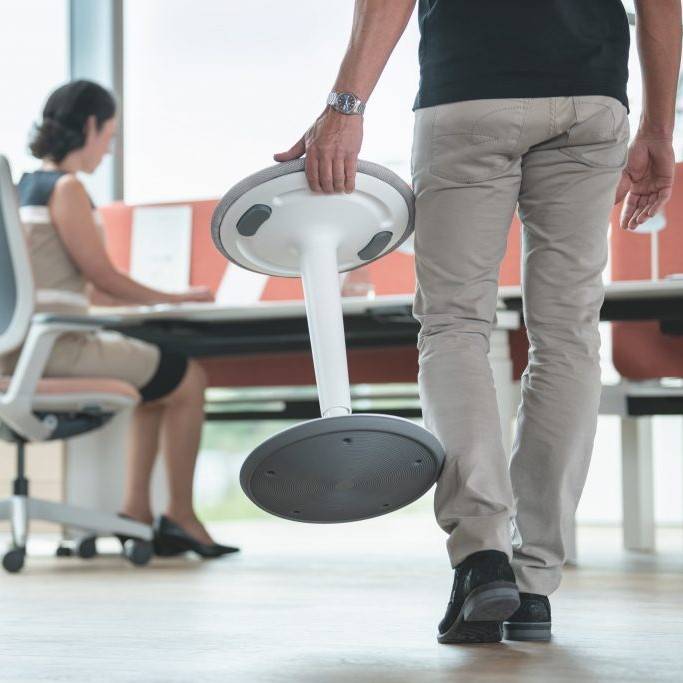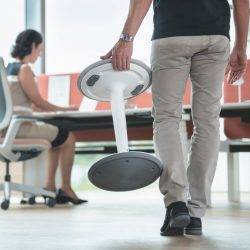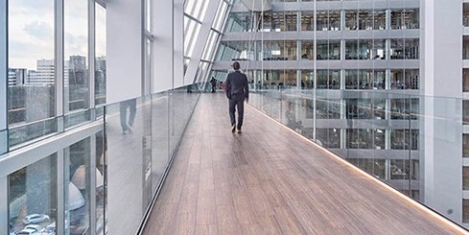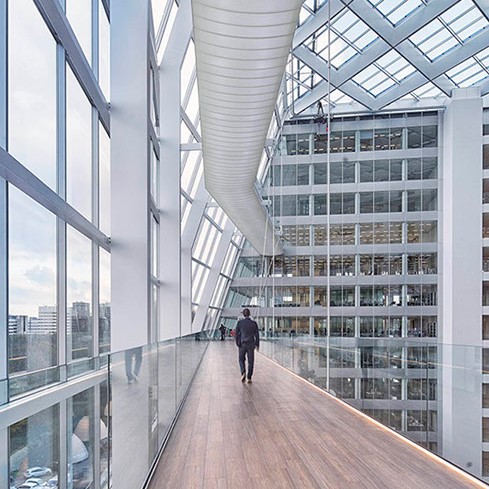October 29, 2019
Here is how you should handle racial discrimination in the workplace
 While progress has been made with tackling racial discrimination in recent decades, it is clear that it still lives on in the workplace in less overt and more nuanced forms. A survey commissioned by the Trade Union Congress found that over 70 percent of ethnic minority workers say they have experienced racial harassment at work and around 60 percent state that they have been subject to unfair treatment by their employer. Karen Holden, Founder of A City Law Firm, is keen to outline the laws surrounding racial discrimination in the workplace and exactly what the employers responsibilities are. (more…)
While progress has been made with tackling racial discrimination in recent decades, it is clear that it still lives on in the workplace in less overt and more nuanced forms. A survey commissioned by the Trade Union Congress found that over 70 percent of ethnic minority workers say they have experienced racial harassment at work and around 60 percent state that they have been subject to unfair treatment by their employer. Karen Holden, Founder of A City Law Firm, is keen to outline the laws surrounding racial discrimination in the workplace and exactly what the employers responsibilities are. (more…)



































November 12, 2019
Uber Works may not be as good for workers as it is for businesses
by Shainaz Firfiray • Comment, Flexible working, Technology